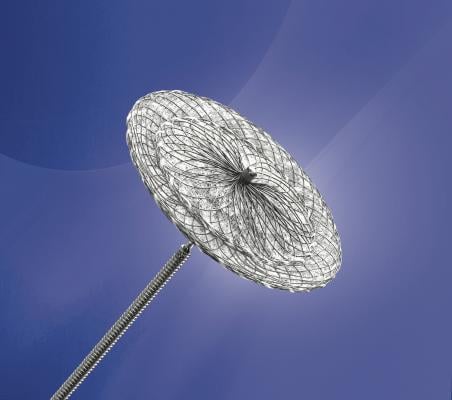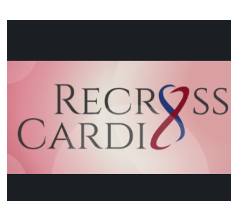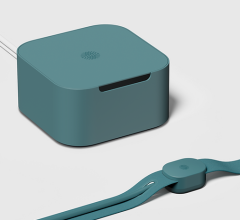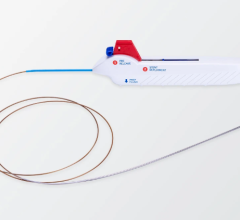
August 8, 2016 — Updated recommendations from the American Academy of Neurology (AAN) states that catheter-based closure should not be routinely recommended for people who have had a stroke and also have a heart defect called a patent foramen ovale (PFO), a channel between the top two chambers in the heart. The practice advisory, which updates a previous AAN guideline, was published in the July 27, 2016, online issue of Neurology, the medical journal of the American Academy of Neurology.
To develop the advisory, researchers reviewed all available scientific studies on people with PFO who also had an ischemic stroke, which is a stroke caused by a blood clot, or a transient ischemic attack, which is an episode of temporary stroke symptoms.
“Compared with other ways to prevent a second stroke, such as medications to reduce blood clots, the devices used to close a patent foramen ovale have limited evidence to support their use,” said practice advisory author Steven R. Messé, M.D., with the Perelman School of Medicine at the University of Pennsylvania in Philadelphia and a Fellow of the American Academy of Neurology. “It’s still uncertain how effective these devices are in reducing stroke risk, and the procedure is associated with uncommon but potentially serious complications.”
Read article on how transcatheter structural heart repair is becoming mainstream in the cath lab.
In addition, Messé noted that the devices used for PFO closure are not available for routine use in the United States, so the procedure must be done off-label with a device approved for treating a similar heart defect or with another device that does not have strong evidence regarding its use. At the time of publication, the U.S. Food and Drug Administration is currently reviewing the one device that has the best evidence regarding closure.
“People should know that having a PFO is common — one in four people have one — and the risk of having a second stroke is low,” Messé said.
When the AAN developed the earlier guideline on this topic in 2004, not enough evidence was available to make a recommendation on whether closing a PFO was effective in reducing stroke risk.
The advisory also recommends that aspirin or other antiplatelet drugs be used to prevent blood clots instead of anticoagulant drugs such as warfarin and heparin, also known as blood thinners, unless there is another reason to use blood thinners, such as a person with a history of blood clots in the legs or lungs.
The practice advisory was supported by the American Academy of Neurology.
For more information: www.neurology.org


 February 02, 2026
February 02, 2026 









